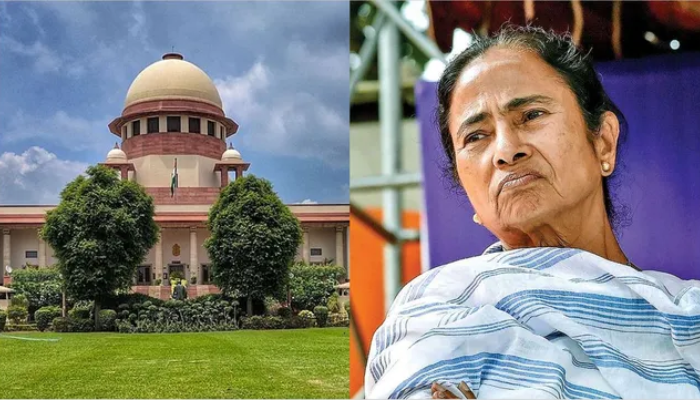Kolkata, India – The recent decision by the West Bengal government to expand its Other Backward Classes (OBC) list by including 77 new communities, with 75 of them being Muslim, has sparked a significant debate across political and social spheres. This move, which has been criticized for its political motivations, represents one of the most controversial policies implemented by the state government in recent years.
The inclusion was part of an effort to address what the West Bengal government describes as the social and educational backwardness of these communities. However, the process leading up to this decision has come under scrutiny. According to government submissions before the Supreme Court, the additions were made after what was described as an “elaborate three-tier process” involving surveys and hearings by the Commission for Backward Classes. Yet, critics and legal analyses have pointed out the unusually swift processing of some applications bypassing due diligence, with certain communities being added to the list within hours of their application, raising questions about the thoroughness of the evaluation.
The decision has not only stirred legal waters but has also become a focal point for political discourse. Critics argue that this move is a clear attempt by the ruling Trinamool Congress (TMC) to consolidate its vote bank ahead of elections, leveraging the Muslim community’s support. Prime Minister Narendra Modi, during a campaign rally, referred to this as a “slap to the Khan Market gang,” highlighting the BJP’s narrative of opposing what they perceive as minority appeasement.
The Calcutta High Court’s decision to cancel the OBC certificates issued to these communities since 2010 has added another layer to this saga. The court’s ruling, which came in the midst of Lok Sabha elections, nullified the reservations granted to these groups, arguing that the process lacked transparency and was potentially aimed at political gains rather than genuine welfare. The West Bengal government has since approached the Supreme Court, seeking a stay on this verdict, arguing that the process was indeed thorough and aimed at uplifting marginalized communities.
On social media platforms like X, the reaction has been mixed. While some applaud the government for recognizing the backwardness of Muslim communities, others, including influential figures and analysts, have criticized the move as an overreach, suggesting it might lead to further communal divides rather than fostering unity. The sentiment on X reflects a broader national debate on the balance between reservation policies for upliftment and their potential misuse for political gains.
To conclude – The inclusion of 75 Muslim groups into West Bengal’s OBC list has opened a Pandora’s box of legal, political, and social issues. As the matter awaits a final verdict from the Supreme Court, it continues to be a hot topic, illustrating the complexities of reservation policies in India’s diverse socio-political landscape. This case not only challenges the legal frameworks of reservation but also tests the political waters, influencing how communities perceive governmental policies aimed at social justice.



